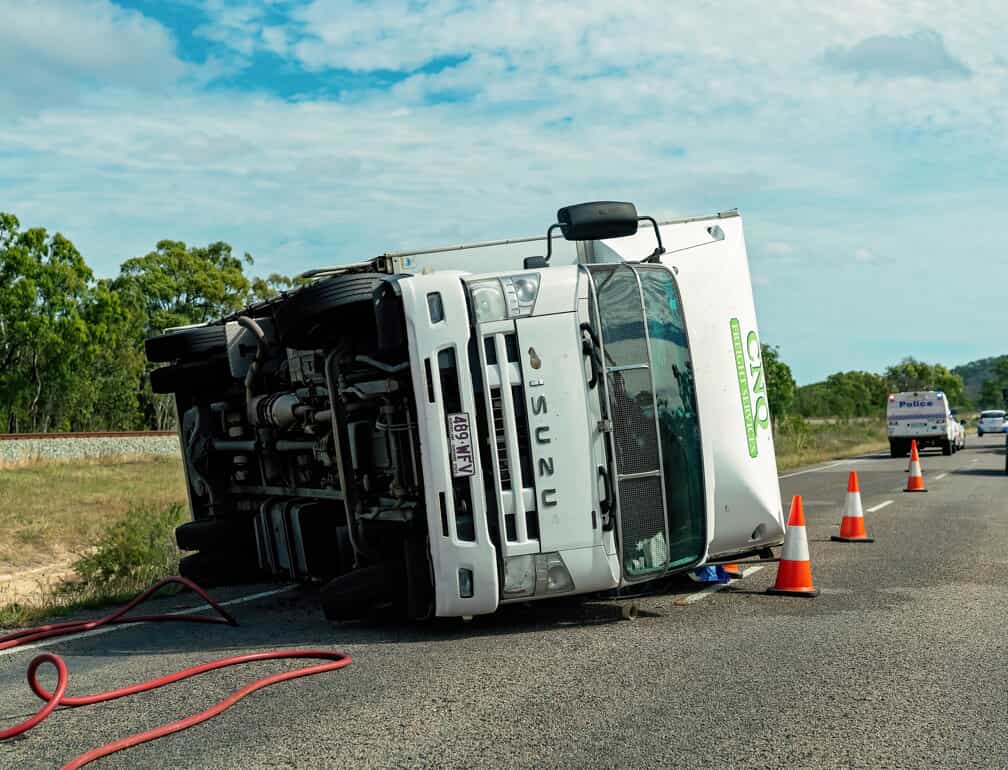Trucking accidents can have devastating consequences, leading to injuries, fatalities, and significant property damage. Usually, truck drivers who cause accidents come out unscathed, while occupants of cars face horrible injuries or death. Understanding the common causes of trucking accidents and implementing proactive measures to prevent them is essential for promoting road safety.
Driver Fatigue:
As noted by the trucking accident attorneys in Laredo, one of the leading causes of trucking accidents is driver fatigue. Long hours on the road, tight delivery schedules, and inadequate rest breaks can contribute to drowsiness and impaired driving performance. Fatigued drivers are more likely to make errors in judgment, have slower reaction times, and fall asleep at the wheel, increasing the risk of accidents.
Distracted Driving:
Distractions such as using electronic devices, eating, adjusting the radio, or engaging in conversations can divert a truck driver’s attention from the road, leading to accidents. Distracted driving significantly impairs a driver’s ability to recognize and respond to hazards, increasing the likelihood of collisions with other vehicles or obstacles on the road.
Poor Weather Conditions:
Adverse weather conditions such as rain, snow, fog, or ice can pose significant challenges for truck drivers. Reduced visibility, slippery road surfaces, and unpredictable weather patterns increase the risk of accidents. Truck drivers must exercise caution and adjust their driving behavior to accommodate adverse weather conditions to prevent accidents.
Driving Under The Influence:
Driving under the influence of alcohol or drugs is a serious safety hazard that can impair a truck driver’s cognitive abilities, coordination, and judgment. Operating a commercial vehicle while intoxicated poses a danger to other road users and significantly increases the risk of accidents. Strict enforcement of regulations prohibiting driving under the influence is essential for preventing accidents caused by impaired truck drivers.
Reckless Driving:
Excessive speeding, aggressive lane changes, tailgating, and ignoring traffic signals are examples of reckless driving behaviors that can lead to trucking accidents. Reckless driving not only endangers the truck driver but also poses a threat to other motorists, pedestrians, and cyclists sharing the road. Education, enforcement, and accountability are essential for curbing reckless driving among truck drivers.
Improper Truck Driving Training:
Inadequate training and lack of experience can contribute to trucking accidents. Truck drivers must undergo comprehensive training programs that cover vehicle operation, safety protocols, defensive driving techniques, and adherence to traffic laws. Proper training equips drivers with the skills and knowledge necessary to safely navigate various road conditions and handle emergencies effectively.
Cargo Loading Errors:
Improperly loaded or unsecured cargo can shift during transit, leading to loss of control, rollovers, or spilled cargo accidents. Truck drivers and cargo loaders must ensure that cargo is properly secured, evenly distributed, and within weight limits to maintain vehicle stability and prevent accidents. Regular inspections and adherence to loading protocols are essential for preventing accidents caused by cargo loading errors.
Ways To Prevent Trucking Accidents:
Implement Safety Policies:
Trucking companies should prioritize safety by implementing comprehensive safety policies that address driver training, vehicle maintenance, hours of service regulations, and adherence to traffic laws. Regular safety audits and evaluations can help identify areas for improvement and ensure compliance with safety standards.
Provide Ongoing Training and Education:
Continuous training and education are essential for enhancing driver skills, promoting safety awareness, and preventing accidents. Truck drivers should receive regular training on defensive driving techniques, hazard recognition, and emergency response protocols. Additionally, educational programs on fatigue management, distracted driving awareness, and alcohol/drug impairment prevention can help mitigate risks.
Utilize Technology Solutions:
Advancements in technology offer innovative solutions for improving trucking safety. Trucking companies can invest in telematics systems, onboard cameras, collision avoidance systems, and fatigue monitoring technology to enhance driver safety and prevent accidents. These technological tools provide real-time data, alerts, and insights that enable proactive intervention and risk mitigation.

Leave a Reply